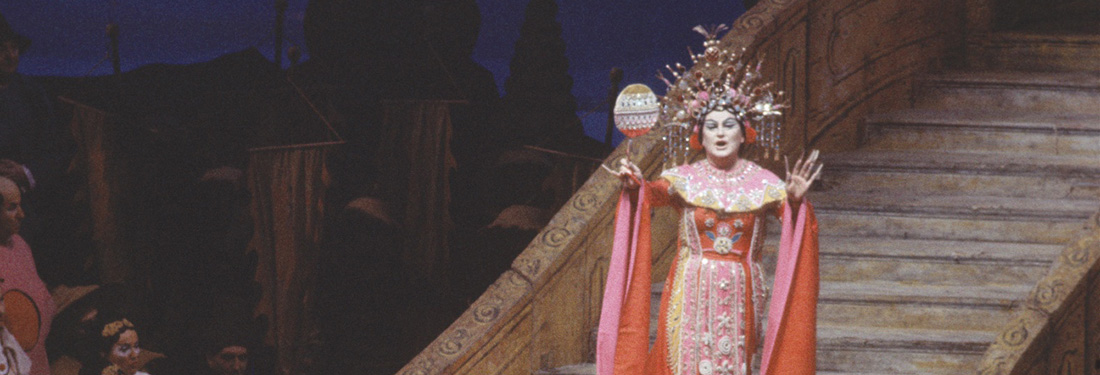
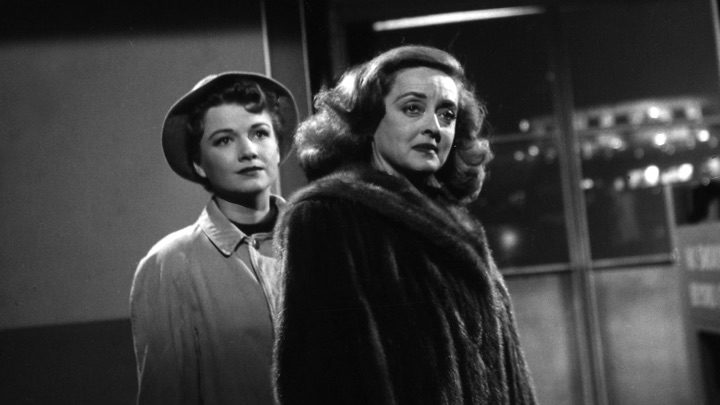
David Fox: My favorite, too—and also my most formative. All About Eve taught me how to be gay. Maybe you think I’m exaggerating? Well, I didn’t pick it up from my parents, and I certainly didn’t learn it at James Madison Junior High School in Van Nuys, California. But I do know that somewhere around 7th or 8th grade, I discovered All About Eve, and understood what I needed in my voyage of self-discovery. Don’t get me wrong—it wasn’t instantaneous, and it took practice. But several dozen bumpy nights later, I truly arrived at the door into my own life, and I’ve never looked back. For this miraculous reinvention, I shed tears of joy. And I owe it all to Joseph Mankiewicz, Anne Baxter, Celeste Holm, Hugh Marlowe, Gary Merrill, Marilyn Monroe… and of course, the magnificent Bette Davis.
CK: When we decided to devote a series of writing projects to the films of Davis, David, I don’t think there was ever any doubt that we would eventually consider All About Eve.
DF: Exactly. How could we not talk about it? First, it’s probably the supreme example of Davis on film. And then, our fearless leader, James Jorden, suggested we do some film conversations around a couple of less well-known but fascinating movies about theater that are clearly riffing on this singular original (more on that later). So here we are. But (gulp) have we the chutzpah for this gradus ad Parnassum?
CK: It’s fair to say that, in the pantheon of Golden Age Hollywood, this is one of the most important movies by any number of standards. For one thing, it’s brilliant—tautly written, directed with style and featuring no less than a half-dozen unforgettable performances. It captures an era in an undeniable way, with an influence that extends up to the current moment. (The auteurist director Ivo van Hove created a stage adaptation a few years ago—and of course, one cannot forget Applause!)
DF: Much as one would like to try.
CK: And while I’d stop short of calling All About Eve a camp classic, it holds an undeniable and lasting interest for gay viewers.
DF: Shall we start at the beginning? For sheer elegance and sophistication, has any movie ever equaled the opening monologue here, intoned with martini-dry perfection by George Sanders?
This is the dining room of the Sarah Siddons Society. The occasion is its annual banquet and presentation of the highest honor our theater knows: the Sarah Siddons Award for
Distinguished Achievement. These hallowed walls, indeed many of these faces, have looked upon Modjeska, Ada Rehan and Minnie Fiske; Mansfield’s voice filled the room. It is unlikely that the windows have been opened since his death.
Back to me for a minute. I believe that by the time I saw All About Eve, I knew the name of Sarah Siddons, a legendary 18th Century Lady Macbeth, from a famous Joshua Reynolds portrait painting that hangs in the Huntington Library. As for the others, I hadn’t a clue. But the message to me was clear: keep up, or get out.
CK: The irony, of course, is that the Sarah Siddons Society, and its supposedly coveted honor, weren’t even established until 1952—as a direct result of this film. Such is the power of Addison DeWitt, apparently. (For those who don’t know, it’s based in Chicago and presented biennially. Bette Davis and Celeste Holm both received it, as did Lauren Bacall—Broadway’s Margo Channing in Applause—twice!)
DF: Speaking of ironies, a big one for me concerns our star. Davis herself, perhaps contrary to expectations, was not a great lady of the theater. Her Broadway career prior to All About Eve consisted of three undistinguished plays in 1929 and 1930, before her stardom was built on film. But you wouldn’t know it from watching this, where her Margo Channing—one of the great film performances of all time—convinces us that she is, indeed, Modjeska, Rehan, and Fiske rolled into one. Or more apt for the time, Katharine Cornell, Helen Hayes, and Gertrude Lawrence. Bette channels multitudes. Seen first, silently lighting a cigarette and pouring a glass of some unspecified alcohol beverage, she’s utterly riveting, and remains so for the next two-plus hours. Davis even pulls focus from Marilyn Monroe, the latter at her most luminous. Now that’s an actress.
CK: I couldn’t agree more, although All About Eve is the rare example of a star vehicle that also functions as a true ensemble piece—how very theatrical of it, given that theater is all about collaboration. Of course, Baxter’s performance complements Davis’s, and she manages perhaps the most sympathetic villainess in screen history. And in addition to all the wonderful performers you already mentioned earlier, attention must be paid to Thelma Ritter’s Birdie, lest she remind you that she closed the first half for 11 years!
DF: Before we get to Ritter—here as always, an absolute knockout—I want to point out that another brilliantly sly Mankiewicz touch is that you never see either Margo or Eve actually performing; we’re left to our fantasies. But it says volumes about both Davis and Baxter that you can easily imagine that they could be major stars as well as rivals.
CK: Indeed, Mankiewicz creates a world of the theatre that seems to take place largely outside the glow of the ghostlight. Margo Channing is allegedly the type who’ll jump up from her deathbed rather than miss a matinee, but more often she’s on the brink of a bender. Not that I’m complaining…is there any better sight that Bette Davis with a martini in hand?
DF: Absolutely none—I learned martini-drinking from this movie, though I have (like Celeste Holm’s Karen Richards) latterly become a Gibson Girl. Cameron, since we both have so many favorite things in All About Eve, might I suggest that we pick a couple of particular moments? I’ll go first: around 35 minutes in, there’s a short scene that serves as an amuse-bouche for the long and iconic party sequence. Davis, seen in bed, is talking to Ritter (with a brief interruption by Baxter). As I’ve said before, it’s not possible to put Davis in a corner, but Ritter comes close. Together, they are a divinely perfect pair—the acting equivalent of a gin and tonic, with Davis providing the potent top-note, and Ritter the ideally acerbic complement. Just watch the silent exchange of glances at the end of this moment; total mastery of acting for the camera.
CK: When I rewatched the movie for the umpteenth time this week, I wasn’t sure what it could reveal to me that I didn’t already know. But I was struck particularly by Gary Merrill in the first long scene in Margo’s dressing room, where Eve is introduced for the first time. His Bill Simpson, a theatrical director, is about to leave for Hollywood to make his first feature. Being a theater rat, Eve is somewhat appalled by the prospect of him lending his talents to a lesser art. Merrill launches into the justly famous, impassioned speech about theater existing in all forms, in all places, meaning different things to different people. “The theater is for everybody, you included, but not exclusively. So don’t approve or disapprove. It may not be your theater, but it’s theater for somebody, somewhere.” In a time when we ask ourselves what does or does not count as theater—and when theater artists are reimagining what it means to make theater on a daily basis—the moment really resonated with me.
DF: You make a really excellent point here, Cameron. The dazzling wit of All About Eve is so front-and-center that it always gets attention, but there is something far deeper and more poignant about the movie and the milieu it evokes. When you say that Baxter is sympathetic despite the awful things she does, I can see it—in part because whatever else is wrong with her, she loves the theater for its transformative, life-giving power. Who can argue with that? Our current situation of course adds to the mournful undercurrent, though in truth, the Broadway of All About Eve was already long gone by the time I saw the movie, if it ever existed. But if there’s a heaven for me, I know exactly what it will look like—and the first thing I’m going to do is book a two-a-day for Footsteps on the Ceiling and Aged in Wood. Will I see you there, Cameron?
CK: Front row center. In the meantime, we’re going to spend the next few weeks discussing some variants on the life-in-the-theater narrative done so well here by Mankiewicz and crew. Because, after all, the story of All About Eve is not exactly unique—but it’s rarely told so well, as I’m sure we’ll find out. Fasten your seatbelts!

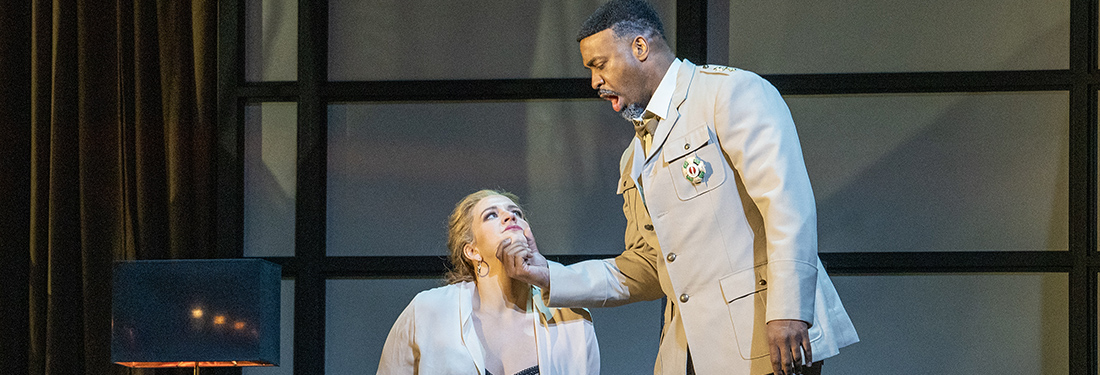
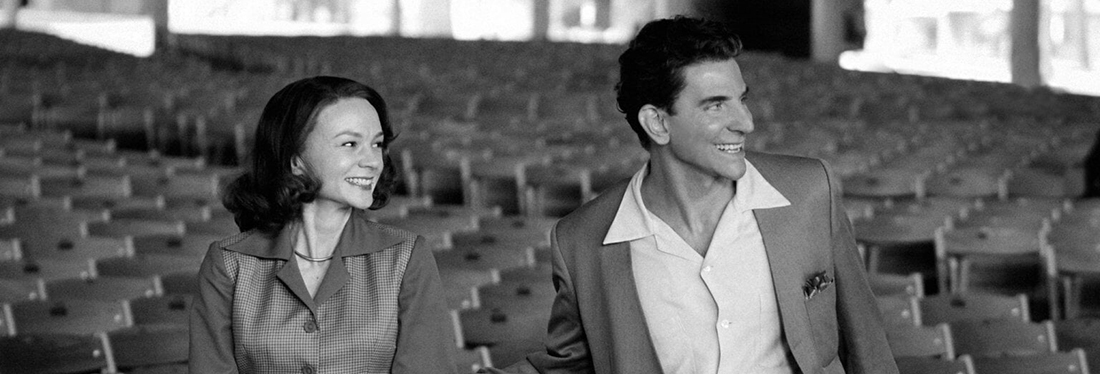
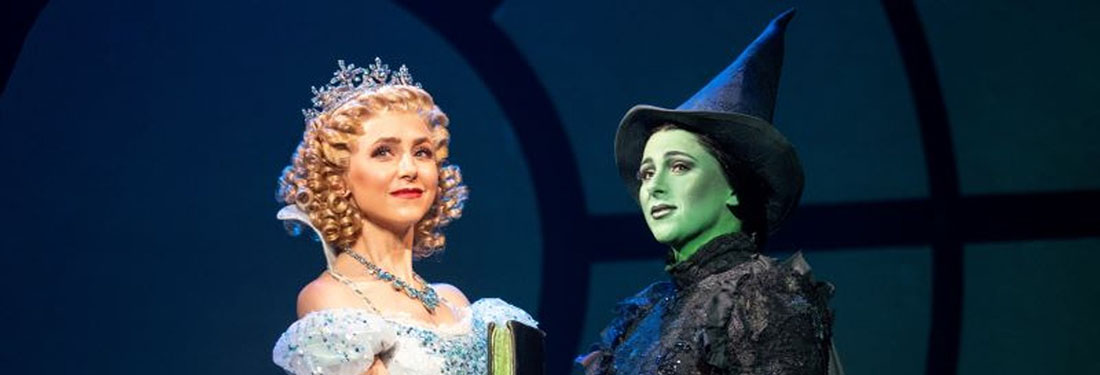
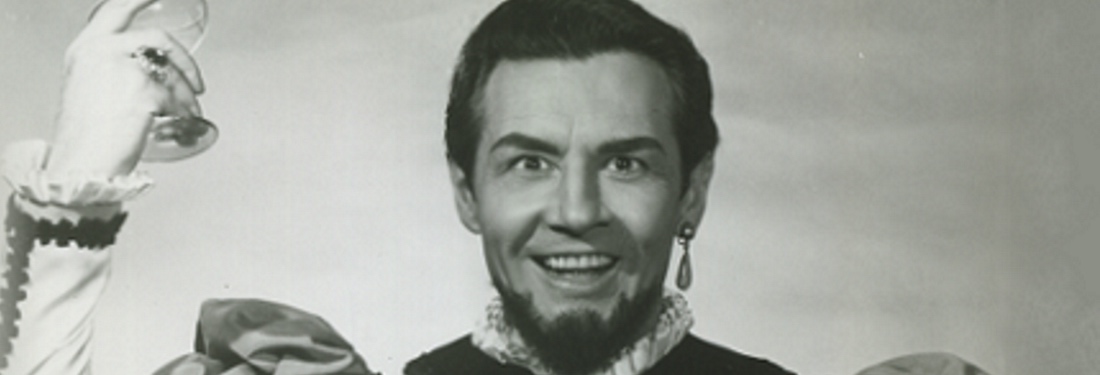
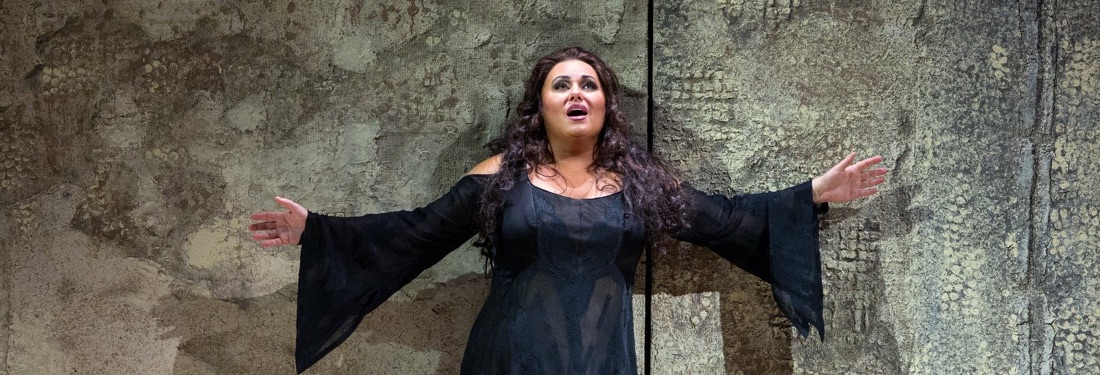
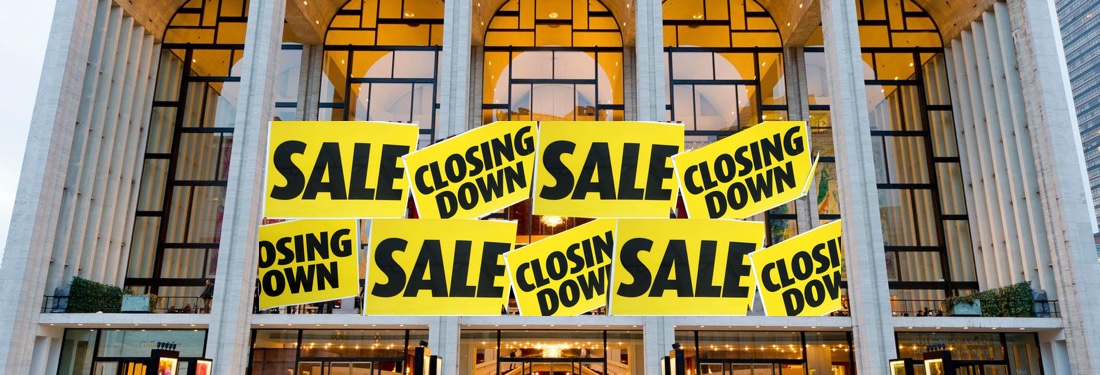
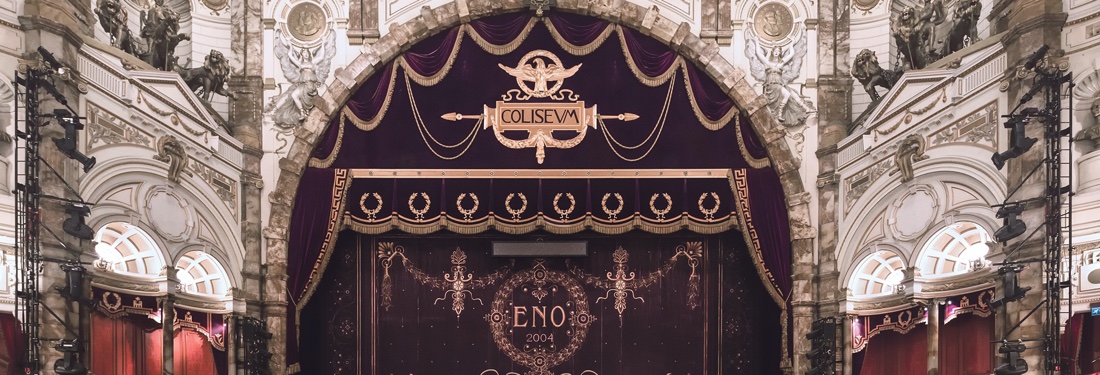
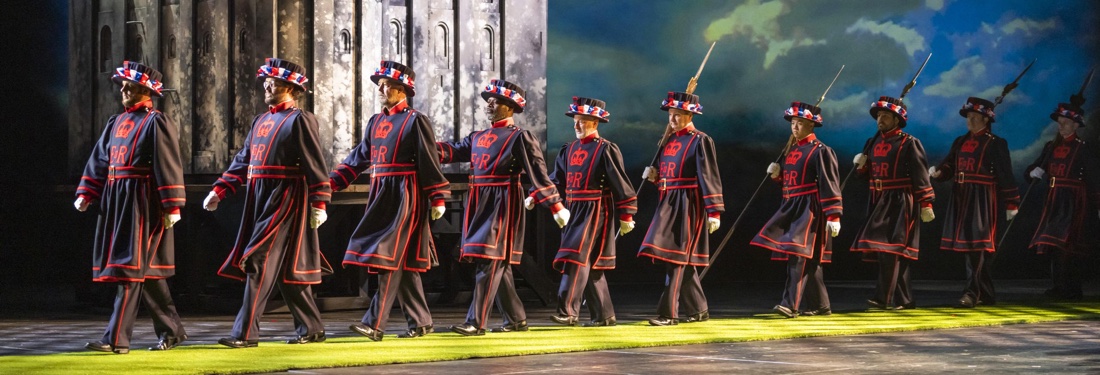

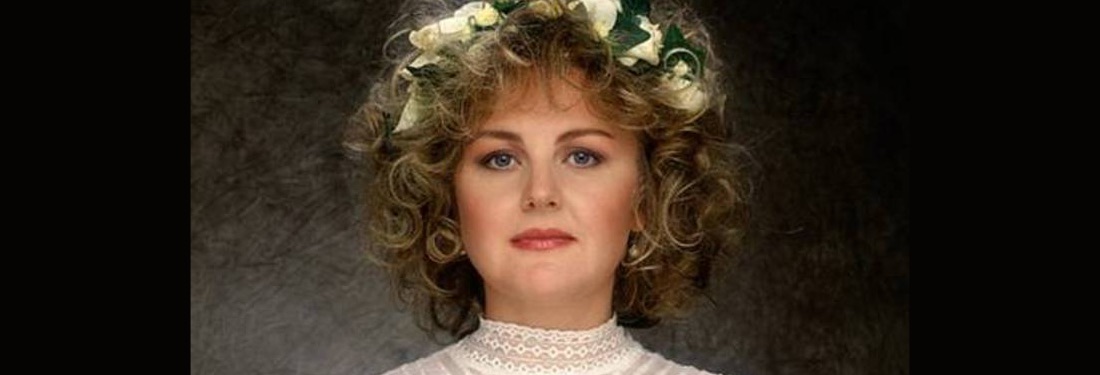
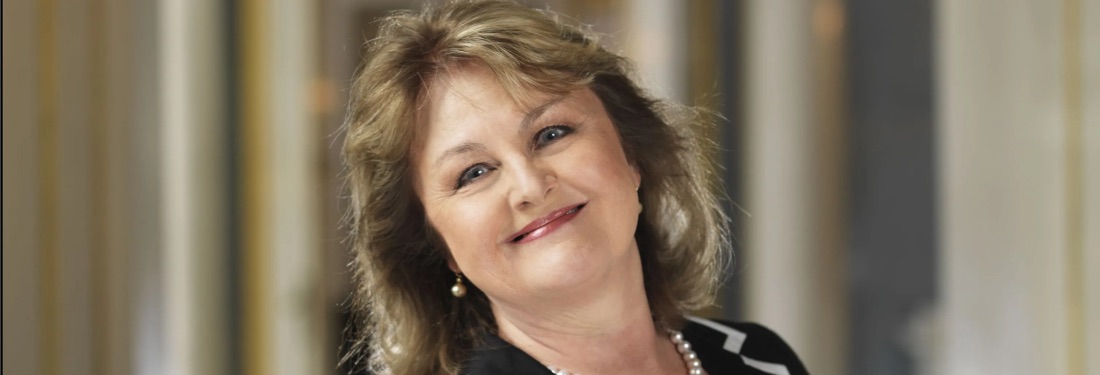
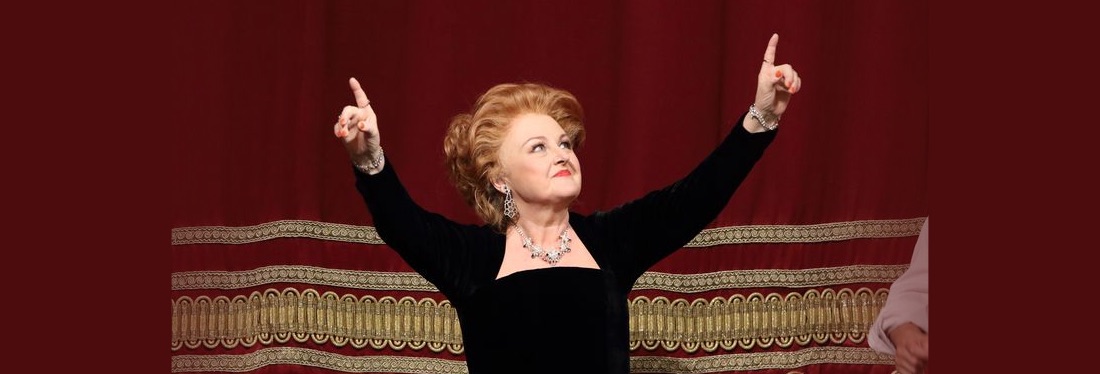
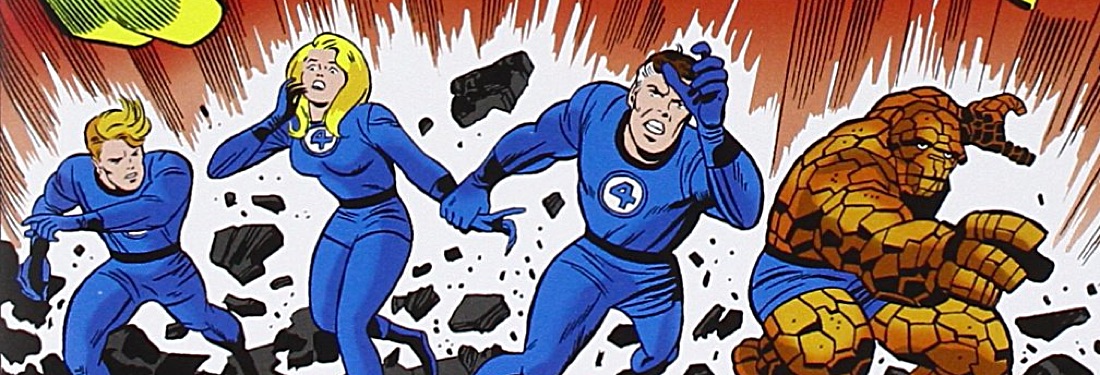
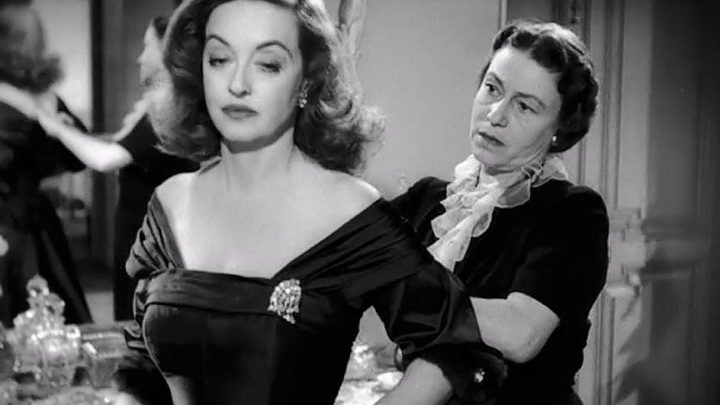











Comments